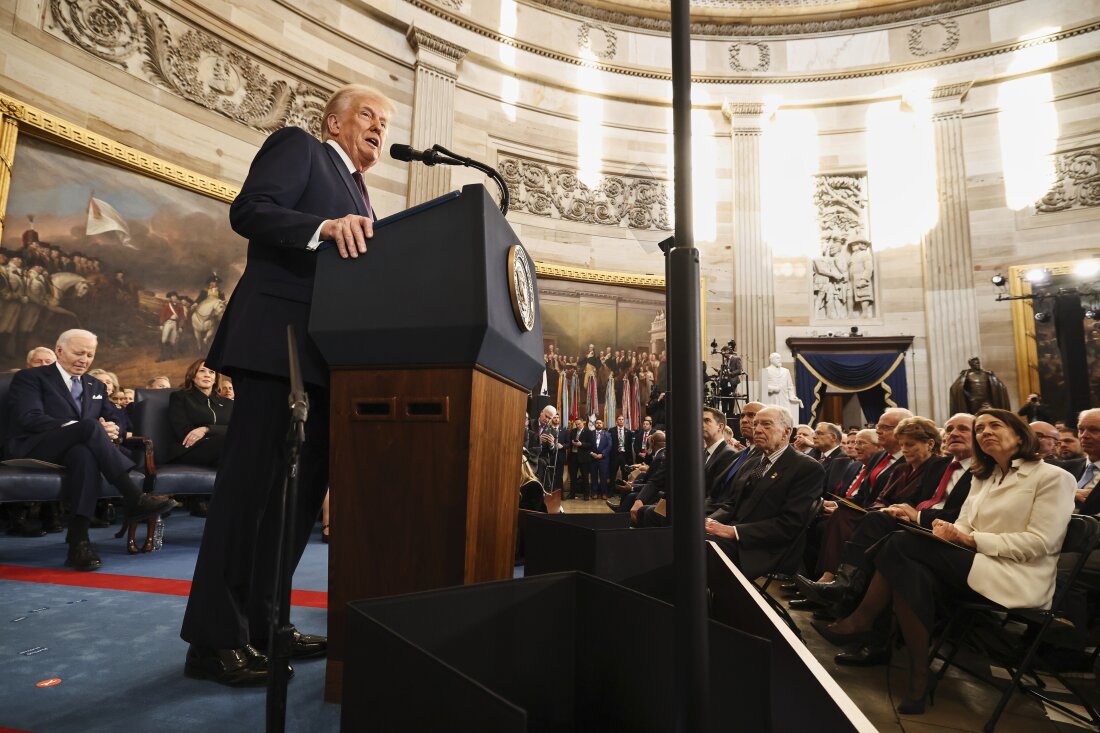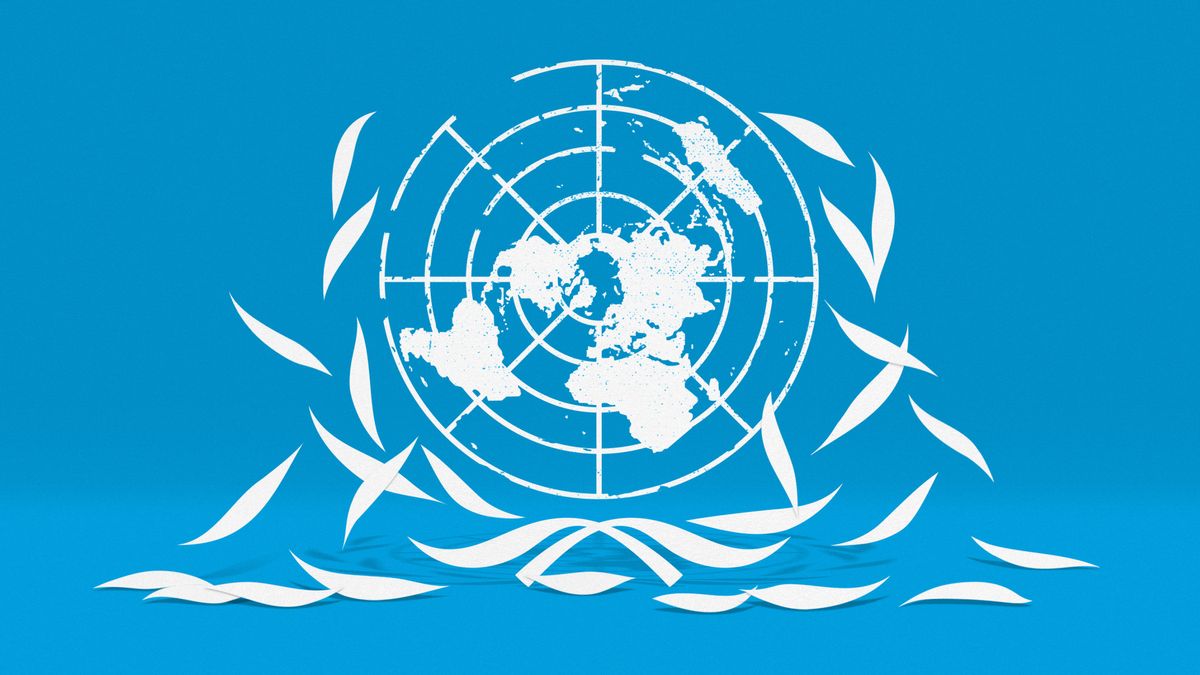This piece was submitted by Raihan Alam, a graduate student at UC San Diego’s Rady School of Management and a member of Green New Deal at UCSD.
Academia has become one of the front lines of the global youth climate movement. Students all across the United States and globally have demanded that their universities cut ties with fossil fuel companies, but many of their voices have not been heard. Student movements and fossil fuel companies simultaneously call college campuses their home, both groups with drastically different motivations. These major corporations have financially ‘colonized’ higher education, resulting in a skewed research landscape. This ultimately favors the research questions and results that perpetuate the use of fossil fuels and inhibit important climate action.
As demonstrated in the bestselling novel “Merchants of Doubt,” large corporations in the American energy sector used to be in the business of purchasing studies from university researchers that outright denied climate change. This pattern persists today, as evidenced by a recent study published in the journal Nature Climate Change. This particular study reveals that research institutions funded by fossil-fuel companies exhibit a notable bias toward natural gas over renewable energy in their reports. These findings generally contradict the fact that natural gas is 28 to 86 times more potent than CO2 when it comes to the exacerbation of climate change. This research is a stark contrast to other universities and research centers that are less reliant on fossil fuel funding, as their findings tend to demonstrate a significant preference for renewable energy solutions.
Some early leaders in higher education have formed policies that defend the academic freedom of university researchers from corporate influence. For example, in September 2022, Princeton University dissociated from 90 companies invested in thermal coal and tar sands. In December 2023, Vrije University Amsterdam decided to gradually end partnerships with companies not in line with the Paris Climate Accords. Many other universities have frameworks in place for research dissociations from other industries, such as tobacco. However, these commitments are not all created equally, and these existing policies to end the corrupting influence of fossil fuel companies are valuable learning opportunities for developing best practices.
For instance, while Princeton’s dissociation commitment admirably acknowledges the need to cut immoral climate actors out of their research, the policy does not include several prominent fossil fuel companies, such as Shell and BP. Both of these companies have recently disregarded previous commitments to promoting renewable energy, making it clear they are still deeply invested in the world’s reliance on fossil fuels. Thus, simply calling Princeton’s decision a “fossil fuel dissociation” is misleading due to its continued involvement with key corporate players. The VU Amsterdam model, on the other hand, explicitly ends partnerships with any company not in line with the Paris Climate Accords, which includes all major fossil fuel companies like Shell.
Campus Climate Network suggests several criteria by which to evaluate how comprehensive a university’s dissociation policy is. These standards include cutting ties with all companies exploring new fossil fuel reserves or constructing new fossil fuel infrastructure and members of trade associations engaged in political lobbying against climate policy or organizations spreading climate misinformation.
The comprehensiveness of dissociation, however, is only one aspect of an effective fossil-free research policy. It is just as important for a policy to enforce transparency. The movement for fossil-free research has been seriously hindered by a lack of transparency from universities about where their research funding comes from. Data For Progress and Campus Climate Network recently reported on 27 US universities that received $700 million from the fossil fuel industry between 2010 and 2020. This was an absolute lower-bound estimation that came mainly from fossil fuel companies’ tax forms rather than official disclosures from the universities themselves. Ultimately, academic integrity in the climate sector cannot be maintained if researchers do not disclose where their funding is coming from.
Furthermore, the implementation of these policies must be just. Decisions about industry funding should be made by the university community as a whole, not unilaterally by a few administrators. While industry funding should be restricted, important climate research should never be neglected due to insufficient funding; universities should make it a priority to supply the funding that fossil fuel companies would otherwise have offered, prioritizing research that uplifts marginalized people and centers environmental justice and equity. It is the very necessity of this research that makes the corrupting influence of the fossil fuel industry so dangerous, and any sound fossil-free research policy will ensure that this research continues to go forward with integrity and transparency.
Ultimately, universities and research centers will develop their policies based on the particular needs of their communities and the political feasibility of taking climate action. By shedding light on which policies universities should consider when separating from the fossil fuel industry, we hope to inspire and galvanize people to pressure universities to take ambitious stances. To take action and support the movement towards a fossil-free degree from UC San Diego, I encourage students and others to sign the current petition from Green New Deal at UCSD, urging divestment from fossil fuels and the prioritization of a sustainable planet for all.








